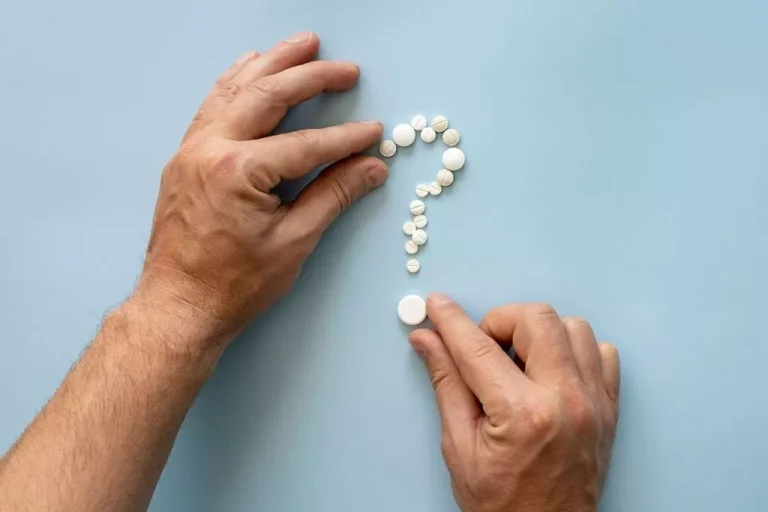
The lighthouse activity has participants visualize being lost at sea and using the idea of a lighthouse as a point of guidance. This project is ideal for individuals who may feel lost, overwhelmed, and even isolated. The lighthouse activity is designed to give participants hope for their future.

Art Therapy And Mental Health
Due to the symbolic value of these characteristics, the box has been utilized throughout art history. This presence in art history is one of the characteristics contributing to the effectiveness of the box as a tool for art therapy” (p. 88). Most people with substance use disorder are likely to suffer from mental https://ecosoberhouse.com/ health conditions. If you also have a dual diagnosis, you must follow a collaborative treatment plan that can simultaneously address both disorders. Pleasant memories with loved ones and favorite places and things are our cornerstones, evoking positive, sentimental emotions that promote healthy recovery.
- FAMILY FOCUSED.The Blanchard Institute cultivates a safe, comfortable environment for clients and families across North Carolina to be emotionally connected to their treatment provider.
- Then, encourage them to make marks with colors that represent their feelings and draw and paint their problems away.
Integrating Substance Use Services into the Healthcare System
Art brings people together, and whatever you choose to create will bring in new connections who can have whatever role you want them to in your recovery. These people aren’t here to judge but can help you interpret what you’ve expressed, share their own artistic works, and more. This straightforward art activity provides an excellent metaphor for your adult clients to work through any number of issues.
Aging Populations and the Rise of Addiction

Container exercises are wonderfully versatile art therapy activities for adults and kids alike. Containers provide an excellent metaphor to work through a number of issues, including anxiety, unresolved grief, family secrets, and childhood trauma, to name a few. This art therapy activity for adults explores “unfinished art therapy ideas for adults in recovery business”, using the container as a metaphor for repressed/buried/unresolved feelings, regrets, goals, dreams, etc. By engaging in expressive arts therapy, you can better understand and communicate your emotions while experiencing a safe and effective means of personal growth during your recovery journey.
Art Projects Assist in Addiction Recovery
In other words, don’t specify what kind of bridge or body of water they should depict. This version of the bridge drawing technique comes from the Handbook of Art Therapy, from the section on clinical application with adults. In the chapter on using art in counseling, Gladding and Newsome (2007) describe a solution-focused bridge drawing.
Craft a Memory or Self-Care Jar (or Box)
In the TED Talk below, How Photography Saved My Life, Bryce Evans explains how therapeutic photography helped him recover from depression and anxiety. Photography used in a therapeutic context is often called photo therapy or therapeutic photography (Gibson, 2018). If you or a loved one is looking to experiment with art as a therapy method, here are some places to start. American Addiction Centers (AAC) is committed to delivering original, truthful, accurate, unbiased, and medically current information.

By using different artistic forms such as painting, drawing, or music, you can gain a better understanding of your addiction and mental health. This process helps to reduce stress, anxiety, and overwhelm, making it easier for you to cope with your challenges. It can help clients clarify thoughts and feelings and forge a deeper connection to their needs, aspirations, and goals. This activity can also be continued between sessions as an adjunct to therapy then discussed during sessions. In this article, expressive arts therapist Shelley Klammer explains the wider benefits of expressive journaling. In this article, we will discuss expressive arts therapy by explaining the interventions used and the difference between expressive arts therapy and creative arts therapies.


 No products in the cart.
No products in the cart.